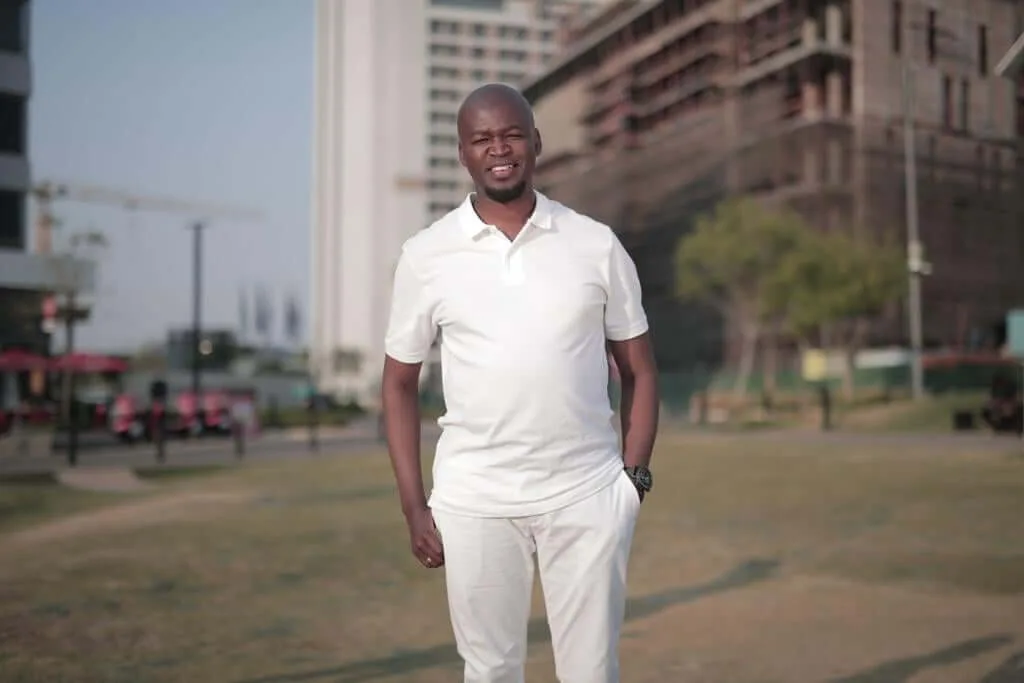Academic Nosedive
I sucked at a lot of things as a kid, but I never thought that I would suck at academics at any point in my life. Up until the beginning of my final year of high school, I was a top performer. I had a fair share of trophies and certificates for academic performance. I even attended a programme for gifted children, which was geared around harnessing the talent of underprivileged children in Johannesburg. My academic prowess was my ‘superpower’; my X-Factor. The one space I knew I owned.
All that changed towards the end of the year 2000. It seemed as if the dawn of the new millennium brought doom and gloom for me. What triggered this period of doom and gloom was challenges and struggles at home. My family was not ‘dysfunctional’… it was just not coping with the demands that life was placing on it.
My final year of high school in 2001 was a disaster, the beginning of a sharp nosedive in my academic journey. I struggled with concentration, energy, comprehension, and overall optimism; I was not quite myself. I dropped from an A average student to a C average student by the end of that year. My report card still remains a misrepresentation of my academic ability. The subsequent years followed suit. Unrelenting disappointment in academics made me heartsick. I barely made it through my Bachelor of Social Sciences degree in Psychology and English.
Diagnosis and Steady Improvements
I was diagnosed with dysthymia (persistent depressive disorder) in 2010. After undergoing therapy for several years, I noticed a steady improvement in my academic performance. I then pursued a master’s degree in Business Management, where I met my supervisor. What started off as a turbulent relationship has flourished into a meaningful professional relationship.
My supervisor was also very instrumental in encouraging me to pursue my PhD. I had never entertained the idea of pursuing a PhD. I honestly did not think that I had what it takes. His endorsement and encouragement gave me the motivation and confidence to apply. My acceptance into a PhD programme in Management Studies (Human Resource Management Stream) feels like a culmination of a comeback story. Being a PhD candidate feels like familiar territory even though it is a new endeavour.
This PhD journey is dedicated to my inner child and to that teenager who had lost all hope. I would like to make them proud. What I would give to see hope in their eyes!
Setbacks to Comebacks
The early mornings working on this PhD have been the comeback I needed. Hopefulness outpaces my anxiety and fear. I feel hopeful. It is that hope that pushes me to stay positive in a country with so much going wrong. A country with all metrics indicating that I live in an almost failed state. My country has a worsening energy crisis, 31% unemployment rate, 4.6 million unemployed young people, a housing crisis, and a worsening crime problem. This PhD is a fighting chance for someone who faces the realities of high unemployment and grim economic growth prospects. Obtaining this PhD would be an answer to my fears. Despite all this that goes on around me, hope remains the candle that lights up my study desk when power-cuts ravage through South Africa.
Hope and Dogged Tenacity
Pursuing a PhD in an environment that puts less value on merit, hard work, honesty and ethics but instead focuses on nepotism, aristocracy, ‘connections’ and political affiliation can leave one drowning in discouragement. I do not think it is possible to study for your PhD without hope and optimism. Hope that what you have to say will be given the light of day. Hope that your claims are valid and reliable. This all requires one to believe that one’s expectations will not be cut short. It requires a dogged tenacity. Grit without flinching. A fight response at the face of rejections.
A PhD candidate’s quest for meaning requires unwavering faith, positive affect, enthusiasm, and social support. The PhD journey is a long walk through the maze of self-doubt holding on to hope, purpose, possibilities and a vision of a preferable future. Mine has been a deliberate effort to mute and silence my doubts and fears, and to resolve to attend to my dreams, hopes and aspirations. That is the audacity of my hope.
Change of Strategy: Self-Care
One of the things I have committed myself to do during my PhD is to not put myself under the same deep pressure that I was under while completing my master’s degree, in which I nearly lost my mind. It was such an intense time. I struggled in my physical and mental health. I had so much pinning on this qualification; my promotion prospects, my career, and my dreams and aspirations. For me, graduating with a master’s degree would be the ultimate response to the self-condemnation I had come to accept. I guess I placed my peace, joy and even my very existence on acquiring this qualification. At some point, a doctor even suggested that I pause my academic pursuit after graduating with my master’s. But instead of dropping out, I just changed strategy. I prioritised self-care, especially resting. It worked!
I regained my wellbeing by:
- Taking more walks,
- Saying ‘no’ to unessential activities that were depleting my energy,
- Going off some social media platforms, and
- Slowing down the pace with which I was doing life and work.
I hope that with this depressurized strategy I will still have the same drive and high performance that I displayed for my master’s, only with less anxiety, fear, and dread. Self-regulation becomes paramount in this journey. Without internal controls, derailment is inevitable.
Looking Hopeful to the Future
Five years from now, success, for me, will look like a PhD earned, a university Senior Lecturer position, mentoring PhD students, and a lot of speaking engagements on the subject of “Networking, Coaching, Mentorship and Sponsorship”. I hope to look back at this PhD journey and this article with joy, gratitude, and appreciation. All we have in this PhD journey is love, hope, and faith and it is these virtues that give birth to every word in that thesis.
To every PhD candidate out there, always remind yourself of the future. One that has the hope and ceremony of a PhD completed. You’ve got what it takes.







